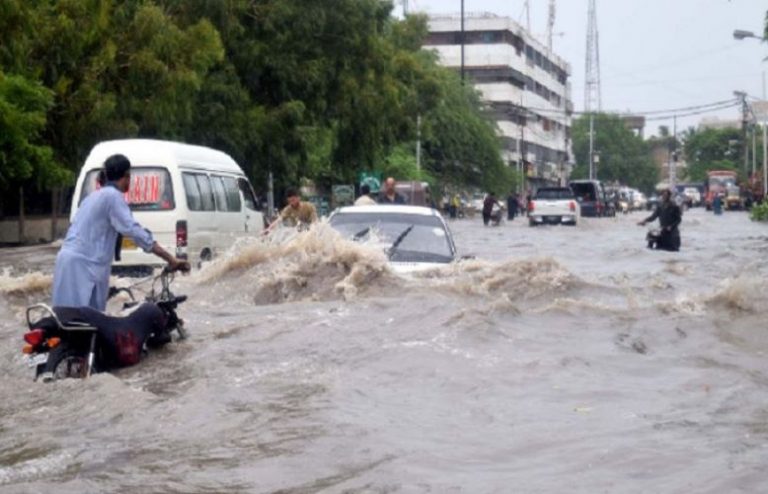
The plight of people in third world countries facing torrential rains is a stark reminder of the urgent need for global action
SHOUKAT LOHAR
Torrential rains have become increasingly frequent and intense in recent years, causing severe climate catastrophes worldwide. While the impact is felt globally, it is the third world countries that often bear the brunt of these disasters. Inadequate infrastructure, corruption, inflation, and lawlessness exacerbate the conditions for the residents, leaving them vulnerable to the devastating effects of torrential rains.
The Cycle of Misrule and Vulnerability
In many third world countries, corruption, inflation, and lawlessness have plagued the governance systems. These factors contribute to misrule and hinder the development of adequate infrastructure and disaster preparedness measures. As a result, the poorest residents are the most affected by torrential rains, as their already precarious living conditions are compounded.
Submergence of Sindh and Lingering Losses
Last year, the province of Sindh in [Country Name] experienced catastrophic floods due to torrential rains. The damage caused by the flooding was immense, with loss of property, human lives, and livestock. Additionally, agricultural crops were destroyed, leading to economic losses that continue to burden the affected communities. The lack of effective recovery measures has left the residents struggling to rebuild their lives.
Inadequate Infrastructure and Drainage Systems
One of the primary issues in third world countries is the inadequate infrastructure and drainage systems. Urban areas are particularly susceptible to flooding due to the absence of proper storm water management. The rapid urbanization in these regions often occurs without consideration for sustainable development practices, exacerbating the vulnerability to torrential rains.
Limited Early Warning Systems and Emergency Response
Another significant challenge is the absence of robust early warning systems and efficient emergency response mechanisms. Due to the lack of resources and investment in disaster management, many communities are caught off guard when torrential rains strike. Evacuation procedures are often poorly organized, leaving people stranded and without access to essential services and supplies.
Health and Environmental Impacts
Torrential rains not only cause immediate damage but also have long-term health and environmental impacts. Waterborne diseases such as cholera and dysentery can spread rapidly in flooded areas, where sanitation and hygiene facilities are compromised. Furthermore, the destruction of natural habitats and contamination of water sources lead to ecological imbalances, affecting biodiversity and agricultural productivity.
Addressing the Challenges
To mitigate the impact of torrential rains, it is crucial for third world countries to prioritize disaster preparedness and invest in resilient infrastructure. This includes developing effective early warning systems, improving drainage systems, and implementing sustainable urban planning practices. Additionally, governments must address corruption, inflation, and lawlessness to create an environment conducive to long-term development and resilience.
Conclusion
The plight of people in third world countries facing torrential rains is a stark reminder of the urgent need for global action on climate change and disaster preparedness. The consequences of unpreparedness, coupled with misrule and lack of resources, amplify the suffering of vulnerable communities. It is imperative for governments, international organizations, and individuals to come together to address these challenges, ensuring the safety and well-being of those most affected by climate catastrophes. Only through collective efforts can we strive towards a more resilient and sustainable future.
_________________
 Shoukat Lohar is Assistant professor in English at Mehran University of Engineering and Technology Jamshoro. He can be reached at Shoukat.ali@faculty.muet.edu.pk
Shoukat Lohar is Assistant professor in English at Mehran University of Engineering and Technology Jamshoro. He can be reached at Shoukat.ali@faculty.muet.edu.pk